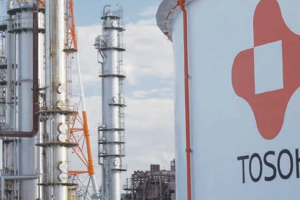May 23, 2025 – As the European Commission continues to tighten environmental regulations, particularly its revised plans for the End-of-Life Vehicles (ELV) Directive, the automotive industry is undergoing a green transformation. Under the new rules, all new vehicles sold in Europe must incorporate a specified proportion of recycled plastics by 2031, aiming to boost resource circularity and reduce carbon emissions.

Against this backdrop, Toyota Boshoku Corporation (headquartered in Kiyosu City, Aichi Prefecture, Japan, led by President and CEO Katsumi Saito) has taken proactive steps, collaborating with partners to develop an innovative technology for efficiently regenerating high-quality plastics from discarded vehicles. This breakthrough addresses a key challenge in traditional recycling—performance degradation due to impurities—and achieves significant progress through close cooperation with ISONO Inc. (based in Nagoya City, led by President Masayuki Isoino).
According to the Color Masterbatch Industry Network, the two companies have employed a dual-strategy approach: “securing high-quality recycled materials” and “applying unique material modification technologies.” This has enabled them to produce recycled materials containing 50% post-consumer vehicle plastics (polypropylene) that match the performance of virgin materials and fully comply with the stringent quality standards for automotive components. The technology has now entered commercial application, driving the “horizontal reuse” of automotive parts—reusing materials in identical or similar components—which significantly reduces CO2 emissions and supports the industry’s decarbonization goals.
Toyota Boshoku’s 2030 business plan identifies decarbonization as a core strategic focus, with a commitment to promoting the circular use of plastic and rubber materials. The company plans to expand the application of recycled plastics in automotive exterior components and continue optimizing material performance to meet the industry’s growing environmental demands. This initiative not only underscores Toyota Boshoku’s leadership in eco-technologies but also provides a critical model for sustainable development across the global automotive sector.














